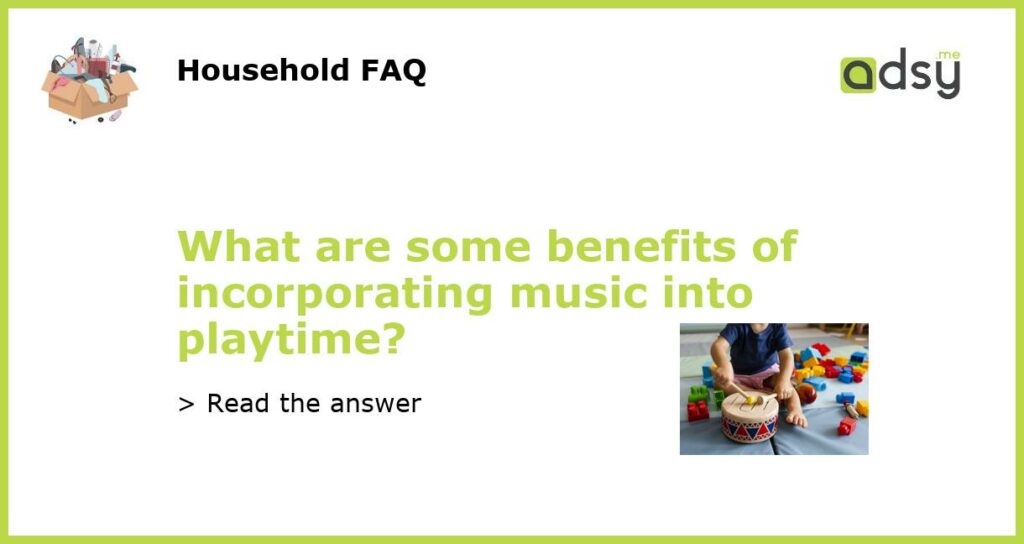Why playing music during playtime is beneficial for children
Music is an excellent tool for early childhood development, and incorporating it into playtime can bring numerous benefits to children. Here are some reasons why:
Music helps with language development
When children hear and sing songs, they learn new words and phrases, and their language skills improve. Music also helps with pronunciation, accents, and intonation. Playing music during playtime can create a fun and interactive environment for children to learn and speak new words.
Music promotes creativity and imagination
Music has the power to spark creativity and imagination in children. When kids hear music, they are transported to new worlds and can imagine elaborate scenarios. Playing music during playtime can inspire children to create their own stories, songs, and games, which can lead to hours of imaginative play.
Music encourages movement and physical activity
Music is a natural motivator for movement and physical activity. When children hear music, they often start to dance, jump, and move their bodies. Incorporating music into playtime can encourage children to be more active and develop their motor skills.
Music can have a calming effect on children
Children can become overwhelmed or stressed during playtime, especially when there are multiple toys and activities to choose from. Playing music can have a calming effect on children and help them feel more relaxed and focused on the task at hand. Soft, gentle music can create a peaceful environment that promotes rest and relaxation.
Music can improve social skills
Playing music with friends or family can improve social skills and encourage cooperation. Children can learn to share instruments, take turns singing or playing songs, and work together to create music. This can help develop important social skills such as communication, collaboration, and teamwork.






